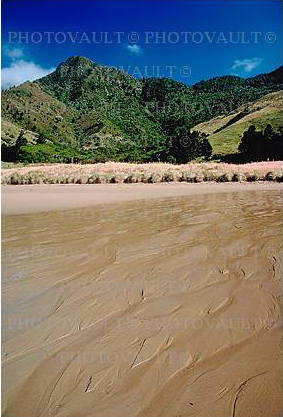|
GE
And Soil Don't Mix The article concludes: 1. The suggested mechanism might in the worst case cause irreparable, cumulative and persistent damage to soil fertility 2. The genes causing the complication might spread uncontrollably 3. The available evidence supporting this possibility is not insignificant 4. None of presently grown GE crops are of any significant value to mankind, continue the culture of any transgenic crops until it has been established experimentally beyond reasonable doubt that the proposed mechanism may not result in extensive and persistent disturbances of soil ecology. We have waited with publishing this article for a long time because the participating soil ecologists have hesitated to disclose their names, fearing to loose their grants or even their jobs. But we feel we cannot wait any more. This is an example of the "tacit censorship" that the powerful multinationals exert over science, see "Dysfunctional science" at www.psrast.org/crisisofsci.htm We have also published an article from New Zealand soil ecologists, likewise calling for research into the effects of GMO on soil ecology: "Effects of Transgenic Agriculture: Biological Processes and Ecological Consequences" at www.psrast.org/soilecolnz.htm Soil scientists Neil Macgregor and Max Turner are "...concerned about the unevaluated effects of these technologies and the possible long-term residual effects on essential soil biological processes" If these concerns are verified the field in countries where GMOs have been grown may become gradually more and more infertile due to GMO-induced microecological
|

